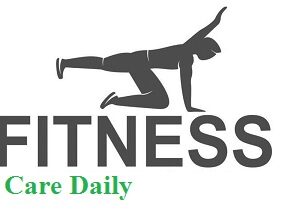Cardiologists Explain the Impact of Stress on Your Heart
Imagine this. You’re in the heart of the Upper East Side, waiting for what’s known as stress testing Upper East Side. Your heart pounds in your chest – it’s not just anticipation but the weight of chronic stress. As a cardiologist, I’m here to tell you that this emotional burden isn’t just in your head. It’s quietly wreaking havoc on your heart. Today, let’s peel back the layers on this often-overlooked connection – the profound impact of stress on your heart health.
The Correlation Between Stress and Your Heart
Does stress make your heart ache? Well, it does more than just that. It’s like an unseen enemy, constantly attacking your heart, even when you think you’re at ease. It increases your heart rate and blood pressure, causing your heart to work overtime. And over time, it raises your risk of hypertension and heart disease.
Stress and the Unseen Damage
But it doesn’t stop there. Stress triggers inflammation, a root cause of heart disease. It also promotes the growth of plaques in your arteries, setting the stage for serious heart problems. Not to mention, it encourages unhealthy behaviors – overeating, smoking, or not exercising – that further harm your heart.
Understanding the Stress Test
‘Stress testing Upper East Side’, you may wonder what it’s all about. It’s a procedure that measures your heart’s ability to handle stress, both physically and emotionally. It involves increasing your heart rate with exercise or medicine while monitoring how your heart responds.
The Importance of Stress Testing
A stress test gives a clear picture of your heart’s health. It can detect heart diseases that might go unnoticed otherwise. It can also show how much stress your heart can handle before developing an abnormal rhythm or decreased blood flow.
Reducing Stress for a Healthy Heart
While it might seem daunting, there are effective ways to combat stress. Regular exercise, a healthy diet, and adequate sleep – are all crucial. Mind-calming activities like yoga, meditation, or simply taking a walk can also work wonders. It’s about finding what works for you and making it a part of your routine.
The Bottom Line
Don’t let stress steal your heart health. Be proactive in managing stress and getting regular check-ups. Remember, your heart is not just a muscle; it’s the engine that powers your life. Give it the care it deserves, and it will thank you with years of reliable, robust health.


Leave a Reply
You must be logged in to post a comment.